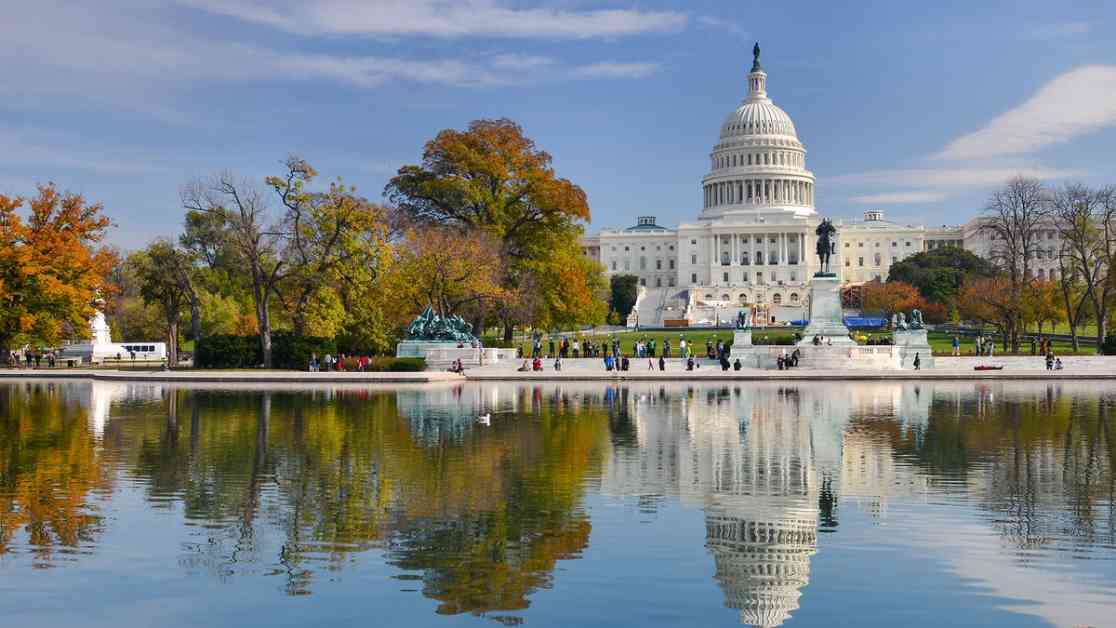As the United States prepares for a new administration under President Donald Trump, the travel sector is bracing for significant changes in policies that will impact the industry. Gary Leff, a travel analyst, noted that the upcoming administration could bring a departure from the traditional Republican stance on business-friendly policies. With potential shifts in border control efforts, airport arrivals may face increased scrutiny, and visa backlogs could see deprioritization, which may not bode well for inbound tourism.
Moreover, tensions with China over trade could hinder the recovery of U.S.-China travel and pre-pandemic flight traffic levels. The State Department’s recent decision to increase visa appointments may be reversed or deprioritized, affecting the U.S. Travel Association’s efforts to address visa backlog issues. Geoff Freeman, CEO of U.S. Travel, highlighted the importance of upcoming sports events in the U.S. as a driving force behind expanding visa appointments.
In terms of airline mergers, the industry may see a surge in activity under a second Trump administration, with potential for more M&A deals. However, the new administration’s stance on antitrust issues, particularly with the appointment of Lina Khan as FTC chair, could impact merger and acquisition efforts. Airlines like American and JetBlue may face regulatory challenges, but there could be opportunities for revised partnerships that align with legal requirements.
Consumer protection policies in the airline industry may also undergo changes, with the possibility of reduced fines and a shift in regulatory priorities. The DOT’s crackdown on violations and fines against airlines may see a change in enforcement under the new administration. Additionally, initiatives related to passenger compensation, fee transparency, and consumer protection could face alterations or delays.
The fate of existing policies, including those related to travel to Cuba and bipartisan legislation like the Infrastructure and Investment and Jobs Act, remains uncertain under the new administration. While some policies may be dismantled, others with bipartisan support could remain intact. The travel industry will need to adapt to the evolving landscape of regulations and policies to navigate the changing environment.
As the transition to a new administration unfolds, stakeholders in the travel sector will closely monitor policy changes and regulatory developments that could shape the industry’s future. Collaboration between industry associations, government agencies, and lawmakers will be crucial in addressing the challenges and opportunities that lie ahead in the travel sector.

